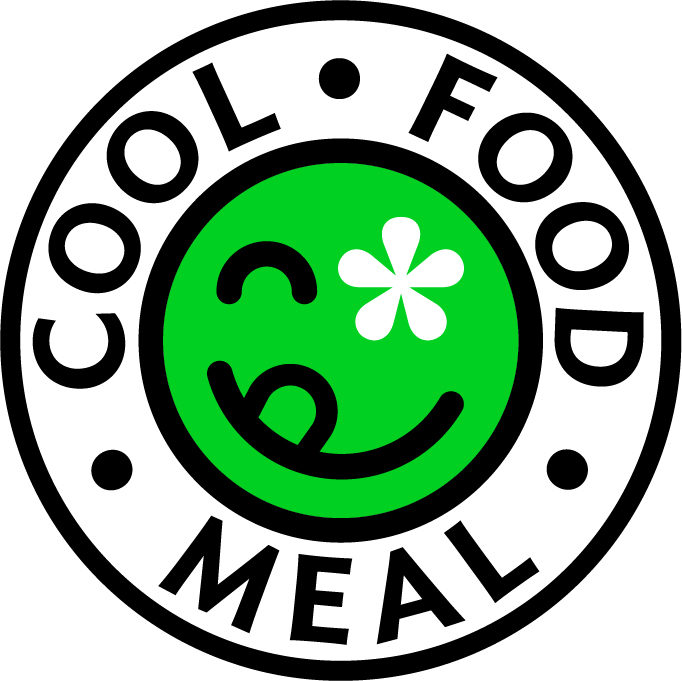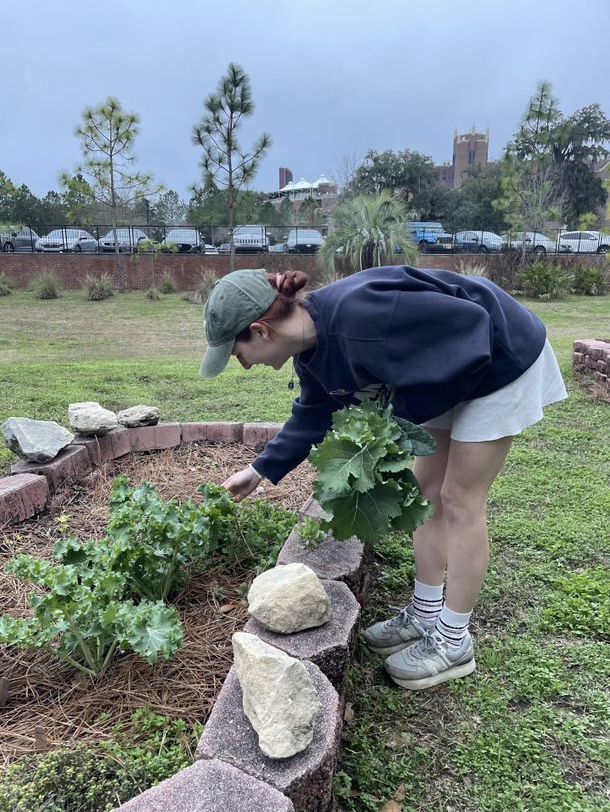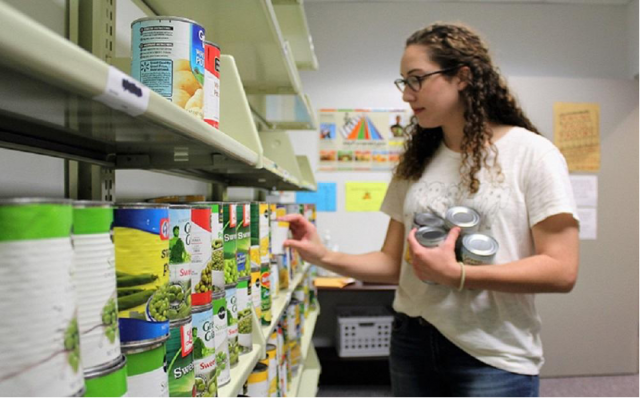Florida State University is committed to providing students with local foods and practices that cater to the long term vitality of the environment. By rethinking how we grow our food and how it reaches our plate, we are challenging traditional food systems and striving to reframe the way our campus community perceives food consumption habits. Campus dining makes it a point to make low-impact, local, fresh foods a staple in the dining halls. Fuel yourself sustainably with FSU’s variety of healthy dining options.
Sustainable dining
Seminole Dining has made changes to create a more eco-conscious program, such as:
- using green cleaning products
- banning styrofoam in dining locations
- recycling paper and 100% of cooking oils.
- trayless dining
- diners who opt to take part in the reusable to-go program are given discounts on food and drink
- batch cooking and portion control are monitored to cut down on waste.
- “Mindful Mondays” are hosted in dining halls to encourage the FSU community to choose climate friendly meals
- vegan stations are provided at both all-you-care-to-eat dining halls, with educational material available to students about how and where to eat vegan on campus via the Plant Forward program.
- the “Nole Your Farmer” educational campaign encourages students to learn more about the local farmers and producers FSU sources from
Cool Foods Program
- Keep an eye out for food options with the Cool Foods logo - out of hundreds of recipes served and assessed, these meals have the low
 est carbon footprint based on ingredients and land use. If the carbon footprint of the meal is below an established threshold, then the meal receives the Cool Foods Badge. Currently, these meals can be found at Seminole Cafe and Suwannee Room. Some examples include Zucchini Bolognese and Pesto Grilled Chicken Wrap.
est carbon footprint based on ingredients and land use. If the carbon footprint of the meal is below an established threshold, then the meal receives the Cool Foods Badge. Currently, these meals can be found at Seminole Cafe and Suwannee Room. Some examples include Zucchini Bolognese and Pesto Grilled Chicken Wrap.
Choose To Reuse Program
- Seminole Dining has recently implemented the “Choose To Reuse” program, where students can purchase an OZZI reusable container for $5.00. These containers are required for “to-go” meals in Suwannee Room and Seminole Cafe. Then they can be returned to the dining halls where students can receive a clean container for their next meal with no additional cost as long as the previous container is returned. One container replaces 300 single-use plastics in its lifetime, and will eliminate the use of thousands of plastic containers a week!
Sustainable Sourcing
When possible:
- purchases are made locally, with a focus toward plant-based products
- all seafood purchased meets the Monterey Bay Aquarium guidelines for sustainable seafood
- all eggs are purchased cage-free
- several locations on campus serve locally produced coffee
FSU sourcing focuses not just on environmentally sustainable sourcing, but also ensuring sourcing practices support small, local, and minority businesses.
Seminole Organic Garden
 The Seminole Organic Garden is a space where students can learn and grow their own food. Found by the Circus Lot, the garden offers the opportunity for students and organizations to rent garden beds and receive supplies to grow various plants to supplement their diets and reduce reliance on transported and pre-packaged produce.
The Seminole Organic Garden is a space where students can learn and grow their own food. Found by the Circus Lot, the garden offers the opportunity for students and organizations to rent garden beds and receive supplies to grow various plants to supplement their diets and reduce reliance on transported and pre-packaged produce.
Sustainable Waste
Aramark utilizes expansive food tracking to ensure as little food waste as possible during each meal period.
- All menu items are tracked throughout the meal period
- how much was prepared, served, and leftover
- helps better estimate how much should be prepared in the future to reduce waste
- Additionally, some locations offer discounts on soft drinks and drip coffee when guests bring in reusable mugs
Food Recovery Network
- FSU Sustainable Campus’s Food Recovery Network operates to reduce campus food waste and combat food insecurity on and around campus. They conduct 3-5 food recoveries a week, traveling around eateries on campus and collecting unused food to redistribute it to those who need it rather than letting it go to waste in a landfill. Since its conception in 2014, the FRN has collected over 190,000 lbs of food.
Food For Thought Pantry
- The Food for Thought Pantry is a resource for
 students facing food insecurity run by the Department of Student Support and Transitions. The pantry is open from 8:00AM - 5:00PM on weekdays and partnered with Second Harvest of Big Bend to keep its shelves and fridges stocked. You can find it in University Center A, Suite 4148, and it is open to all currently enrolled FSU students.
students facing food insecurity run by the Department of Student Support and Transitions. The pantry is open from 8:00AM - 5:00PM on weekdays and partnered with Second Harvest of Big Bend to keep its shelves and fridges stocked. You can find it in University Center A, Suite 4148, and it is open to all currently enrolled FSU students.
